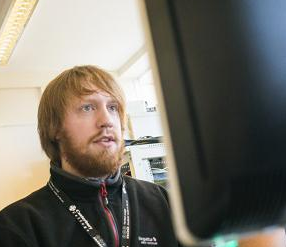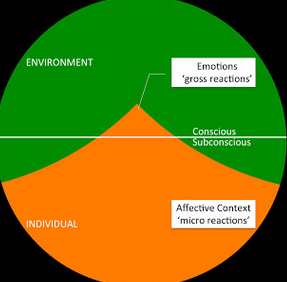What is the ‘real cost’ of a learning intervention? Curated #chat2lrn tweets
Here are our curated tweets from the Chat2lrn Twitter chat on the total #cost of…
Here are our curated tweets from the Chat2lrn Twitter chat on the total #cost of…
The UK’s first corporate learning #bootcamp will be taking place in London on 28 October…
Here are our curated tweets from the Chat2lrn Twitter Twitter chat entitled: “Is this a…
An interesting podcast here from Nick Ribeiro talking to #ben betts on a range of…
There are undoubtedly many, many great books and reports for L&D professionals to read but…

Editor’s note: A simple way to break down evidence-based decision making here. I like the assumption that senior executives are paid to make decisions, so it follows they should know how to make good ones.
Editor’s note: Collecting the right data in the first place is going to be a key challenge for L&D professionals looking to build an evidence-based approach. Andy Wooler describes how his organisation is approaching the challenge.

Editor’s note: The Towards Maturity Benchmark 2015 is now open and is an opportunity for organisations to reflect on their L&D activities and compare what they do against peers and top learning companies in their sector. This piece sets the context around the need for an evidence-based approach to L&D.

Editor’s note: OK, so this was written by one half of the LearnPatch team, but I still think there are some useful insights here from L&D practitioners.
Editor’s note: Evidence needn’t just apply to your own L&D initiatives, it can equally be applied to the theories that permeate L&D. Donald Taylor makes this point well and urges all L&D professionals to put evidence before learning myths.

The really hot learning intervention of the moment is the #70:20:10 model. This model works…

Editor’s note: Research into networks shows how ideas spread. Some good insights here into how groups affect the sharing of information across a network.

Editor’s note: This article opens with a sobering statement, “With at least a fifth of Britain’s population lacking the skills required to use the internet.” It goes on to look at how adults are learning online. Clearly technology opens many doors to learning and this piece shows that – and that many adults are lacking in the skills needed to use the web.

Editor’s note: Nick Shackleton-Jones on the Affective Context Model – and how we ‘encode’ reactions that then shape our learning.

Editor’s note: A simple, powerful point from Dan Roddy about thinking differently as an L&D professional.
